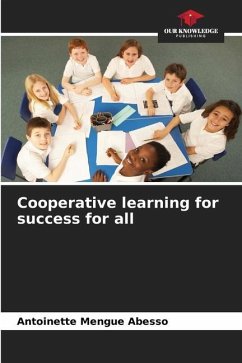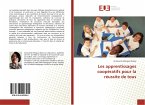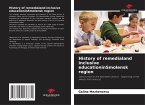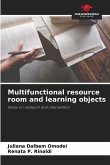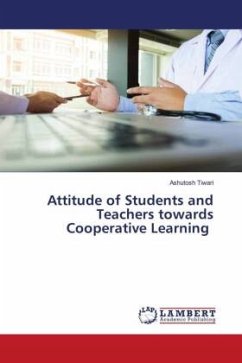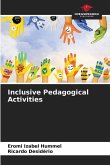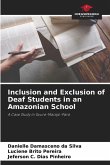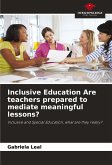Education systems in sub-Saharan African countries in general, and Cameroon in particular, have deteriorated in the face of various economic crises and the working, reception and living conditions of the main educational players in the teaching/learning environment, namely teachers. The absence of curricula based on inclusive practices for all learners in teacher training, the lack of facilities conducive to integrated and inclusive learning interactions, the absence of a vision of alternative and inclusive education conducive to success, and the unsuitability of the proposed innovations and pedagogical approaches (new pedagogical approach, skills-based approach, flipped classroom, etc.), are proposed by an administrative hierarchy cut off from the reality of a traditional environment in its structures and the furniture used to accommodate learners... This book is therefore a general appeal to all those involved in the learning environment as educators, but also to all the players and partners in the educational community. It is part of the field of Education Sciences.
Bitte wählen Sie Ihr Anliegen aus.
Rechnungen
Retourenschein anfordern
Bestellstatus
Storno

